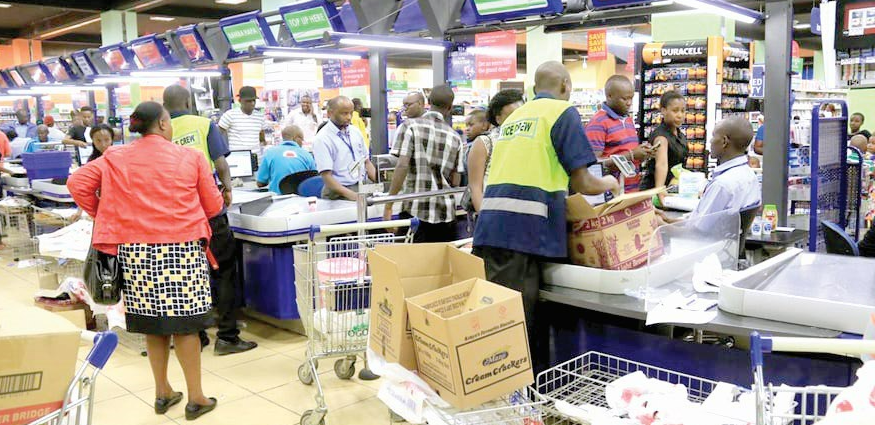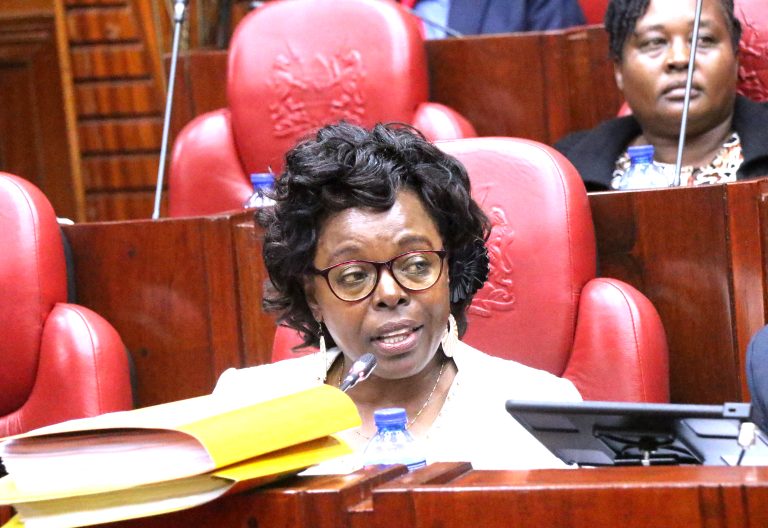Kenyans to wait longer to gain from State initiatives

Kenyans will have to wait longer for President William Ruto’s administration to cure the country’s ailing economy which has proven to be a big headache for his Kenya Kwanza government.
This as the State continued to splash billions of shillings into various programmes in the past 12 months, hovering between taking new measures, increasing budget allocations, and overhauling some key policies.
Top of the new administration’s priority was to bringing down the cost of living. Although inflation figures eased to 6.7 per cent in August from a high of 9.6 per cent in October, this dip is not being felt by Kenyans given the high prices of key food items such as cooking oil, sugar, flour, electricity, and fuel.
Uncertainties in economic measures have left investors, businesses, and households guessing what will come next, even as the government mulls new taxes amid the high cost of living that is hitting millions of Kenyans.
It all started in September 2022 when Ruto scrapped the two-year-old fuel subsidy, terming it unsustainable and prone to abuse. Electricity prices were also revised upwards last April, soon after ending the previous 15 per cent cut.
The two actions left Kenyans reeling under high energy prices, mostly impacting agriculture, transport, and manufacturers, the three main sectors that dictate the current costly consumer goods.
Eleven months down the line, the government made a U-turn by reinstating the fuel subsidy in August under a different name of fuel stabilisation. Petrol, diesel, and kerosene are now attracting a subsidy of Sh.7.33, Sh.3.59, and Sh5.74, respectively.
Daniel Kiptoo, Energy and Petroleum Regulatory Authority (EPRA) Managing director, admits there is no “clear mechanism” to help oil marketers recover their forgone margins other than using the Petroleum Development Levy (PDL), which is insufficient.
The levy generates about Sh2 billion monthly against about Sh7 billion required to subsidise fuel every month.
In another plan, the State crafted a government-to-government (G2G) arrangement with the United Arab Emirates (UAE) in March this year to import fuel on credit at a cheaper cost and save the devaluing Kenya shilling.
Midway its implementation, Kenya has been pressing for a review of the initial terms. The UAE oil firms have partially caved in, agreeing to continue with the supplies without demanding second guarantors due to reduced default risks. They, however, refused to lower the cost of fuel.
The government now wants to step back from the G2G plan upon its expiry and return to the previous open tender system (OTS) after the International Monetary Fund (IMF) also warned the deal posed debt exposure risks.
“Given the fact that the prices are beginning to rise as we are heading into winter, we must ask ourselves, what are we going to do? Is there enough stabilisation fund or do we renegotiate freight and premium?” Energy Cabinet Secretary Davis Chirchir posed last month.
“We should actually be sitting and say, do we continue with the G2G, or do we go back to the spot market,” he added.
The six-month grace period is ending this month, with the lead financier, KCB Bank, expected to source $500 million (Sh72.5 billion) monthly to settle the arrears. Should KCB fail to mobilise the required amount, the Treasury will have to pay due to existing letters of support. This might again pile pressure on dollar availability, further denting the shilling’s value.
In the agriculture sector, there was a budgetary allocation of Sh49.9 billion to partly support fertiliser subsidy and value addition to help cut food imports by 30 per cent in five years or roughly 6 per cent cut annually.
Defended as efforts to cut prices of commodities, the Treasury offered in January 2022 a one-year duty-free importation of various products that have now collided with the harvesting season.
“Overall inflation is expected to moderate further in the near term, supported by lower food prices attributed to improving the supply of key food items, particularly maize, and the implementation of government measures to improve the supply of sugar through imports,” said Central Bank of Kenya (CBK) in the last Monetary Policy Meeting.
By March 2023, the total value of Kenya’s imports had instead spiraled by Sh8 billion to Sh581.8 billion on the back of weak shilling, according to Kenya National Bureau of Statistics.












